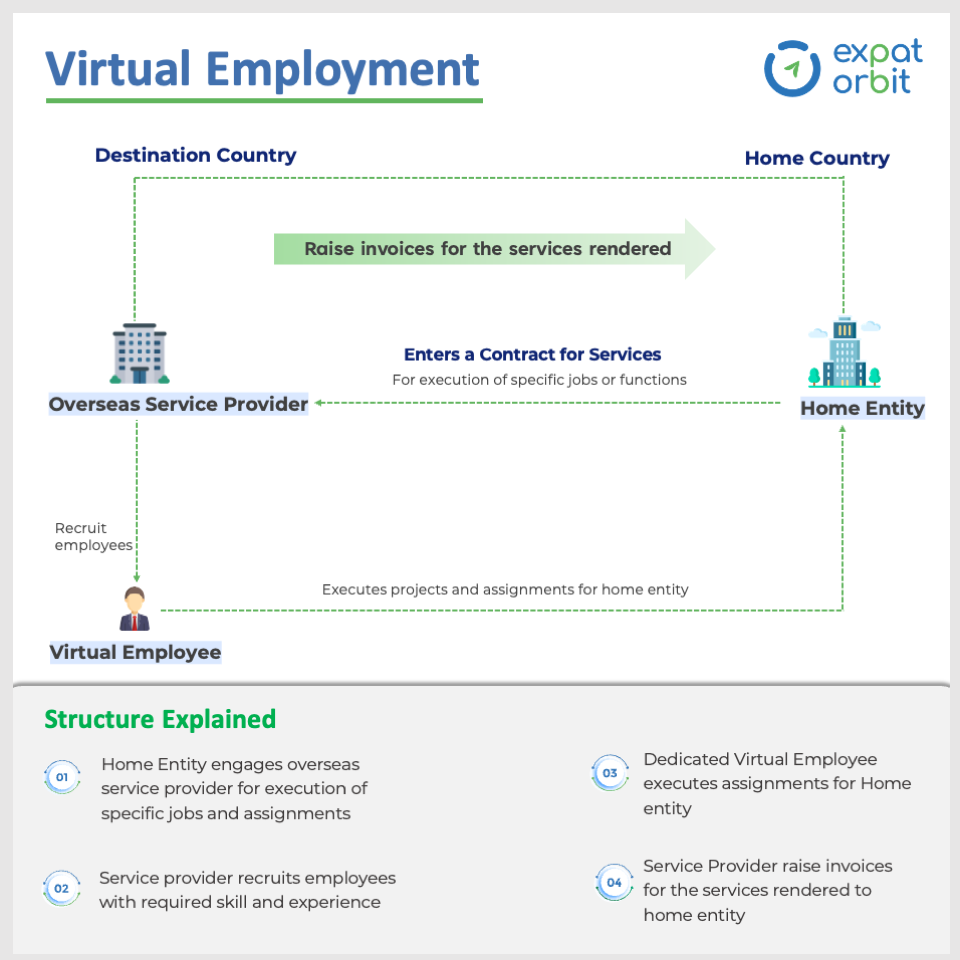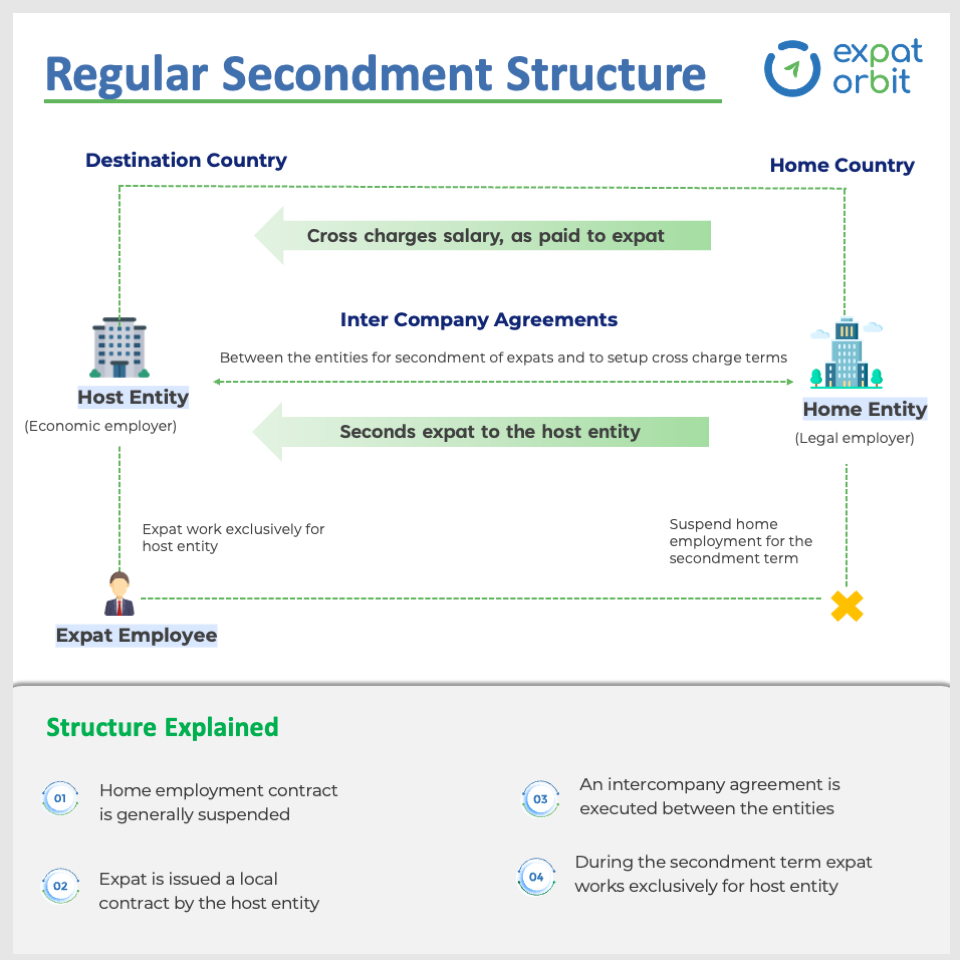When it comes to startups spun by the digital revolution brought about in the recent times, there is no saying more true than this – ‘The world is our oyster’. And we certainly say this from our own experience of global expansion in the last few years. But another thing that we can derive from our experience, as well as from many other global startups is the hassles associated with such expansion.
The magnanimous time, cost and effort to physically expand into your next big market!
- Cost and formalities of setting up the legal entity there and the year around local compliances
- Figuring out the legal challenges and regulatory requirements to be adhered to
- Tax, immigration, social security compliances of sending your best people to set up shop there
- Ensuring that your star colleagues are settled comfortably while they work hard to expand your business
- Hiring people abroad and remunerating them as per local laws
- Finding and incurring the cost of office space and amenities
By the time you figure out the above, another startup would sprout in your destination country and capture the opportunity!
Besides, are you 100% sure that this is the correct market? Or would it be better to test it out somehow and then take that leap. But even testing requires you to do extensive primary research, leverage local expertise, meet with local stakeholders, and most importantly understand and win the trust of your prospective clients.
All this certainly requires you to have your best people in the destination country and once the bet pays off, it could all be worth the risk.
True, a startup ought to take risks. But a successful startup is built on calculative risks and prudent approaches to achieving the objective in the most cost-effective manner.
So our in-house global mobility experts hereby suggest some startup optimised approaches to expand into new markets, where you have no legal entity.
Stage 0 – Market potential analysis
The beginnings are always the most interesting. Bouts of supreme confidence, a hunch that this is the next big step, and an inherent voice constantly reminding you to be cautious. Most startups thus begin the global expansion journey with a detailed market potential analysis. Irrespective of the product or service area, understanding of local laws, cultural tenets, preferences, customer demographics and local competition becomes important. While a great deal of this can certainly be understood through secondary research and conference calls with local stakeholders of the country; but for a holistic market analysis, most startups prefer to have some local team members on ground zero.
Imagine, if Tiktok had simply based its Indian entry on the Instagram audience demographics and not surveyed the local markets. It would have missed upon the huge gap heightened by the latent need of hidden superstars of rural India to showcase their talent to the world.
So, if your startup’s objectives at this stage are to closely understand the target audience, evaluate the local competition’s presence, assess the market gap and identify potential stakeholders that will help you expand, then you will need some local team members, who understand this geography better than your base country colleagues. But, you can not hire people in a country, if you do not have a legal entity in that country.
Alternative: Virtual Employees Hired by Overseas Service Provider
As per this approach, the local nationals of the destination country work dedicatedly for your startup, without actually being on the payrolls of your startup.

Benefits of this approach
- 100% save on the time, cost and compliance hassles of setting up legal entity in the destination country
- Successfully meets the desired objective of deploying local expertise
- These employees work dedicatedly on your startup’s project full time, viz-a-viz freelancers
- You just need to pay a monthly fee for every new employee onboarded. All payroll, tax, social security, local benefits and other compliances are managed by the service provider.
Stage 1 – Setting Up Operations
But the transition to Stage 1 of setting operations would certainly need your key people to be in the destination country.
After all the groundwork, it is now time to test out the product market fit in this new geography. But to replicate the home success, there will surely be a need to send some of your best employees to establish operations, set the company culture, train the local hires and so on. While sending someone to a destination country may seem as simple as booking a flight ticket, this entails a whole lot of things.
- Again, the need for setting up and managing a legal entity in the destination country
- Assessing the immigration requirements of the country, based on purpose and duration of the visit
- Taxability based on the domestic laws, as well as tax treaties between destination and base country
- Social security, payroll laws and other domestic permits mandatorily required
- Safe and comfortable accommodations, family care and support for your expat employees and their accompanying families
- Cultural and language training to your outgoing employees so that they can comfortably adjust in the destination country, and at the same time understand the target audience, as well their local colleagues
Sounds like a daunting task! But, there is a very simple and cost effective solution to address all the above – Employer of Records (EOR).
Under this approach, an overseas service provider, with legal entity in the destination country acts as the ‘Legal Employer’ of employees sent to work in that country. While these employees work remotely for your startup from the destination country, they are essentially on the payrolls of the EOR entity.

Benefits of this approach
- No need for your own legal entity and the associated time, cost and hassles
- Apt for both locally hired as well as home country employees seconded to work in the destination country
- All domestic compliances (employee as well as employer) related to the expat movement are taken care of, by the EOR service provider
- Access to local expertise and local network to assist your expats and their families in comfortably settling down and adjusting to the destination country
For some countries, there is another option available – Remote Working Visas.
Accentuated by the economic response to the pandemic, few countries have opened up their countries to remote workers for a limited duration of stay and work from the country. Subject to a detailed analysis of the requirements of the specific destination country, startups can opt for remote work visas for their employees, if the intent is to work for a shorter duration.
Check out our compendium of remote work destinations suitable for international secondments
But, now the model is effectively tested and there is an ever growing need to rapidly increase the team and set up a formal base.
Virtual employment and EOR models are highly convenient and certainly help save up significant time and cost. But as the size grows and operations increase, there may be a need to set up different departments locally.
So after testing your model for a significant time, if you have enough proof of concept and feel certain that is the next big market, go ahead and confidently invest in setting your legal base in the country.
But the story doesn’t end with just simply setting up the entity. It is imperative to conduct a detailed analysis of the inter-country tax treaties, employment and corporate tax issues, immigration requirements, employment and labour laws of the destination country among many other things. Failure to assess and incorporate the implications can result in fines, penalties, permanent establishment exposure, taxation and compliance hassles along with reputational damage.
Check out our inline guides on: Building resilient global mobility models and Managing permanent establishment exposure in expat assignments
Broadly, a regular secondment to a destination country where a new legal entity is established would be based as per the below structure:

Besides taking care of the above, it will also be important to ensure that there is enough support to your expat employees and relocating families in terms of immigration, insurance coverage, accommodations, cultural adjustments and in-general comfortable settling down in the destination country. After all, a startup is nothing without its stellar team!
Summing it up
The global expansion of your startup need not be restricted by the harrowing time, cost and compliance complications of legally establishing shop in the destination country. Based on the growth stage and market requirements, a suitable global mobility structure can be carved out that meets the desired objective in the most time as well as cost-effective and compliant manner.
Here’s a quick snapshot:

Eventually, a successful startup is all about the wise choices balancing time, cost and opportunity.
Expat Orbit Advantage
At Expat Orbit, our global mobility and destination support experts across the globe specialise in devising, implementing and executing customised global mobility structures for your organisation’s as well as your expat employees’ specific needs.
Talk to our experts to get support with employing overseas workers at your startup: https://expatorbit.com/contact-us/





